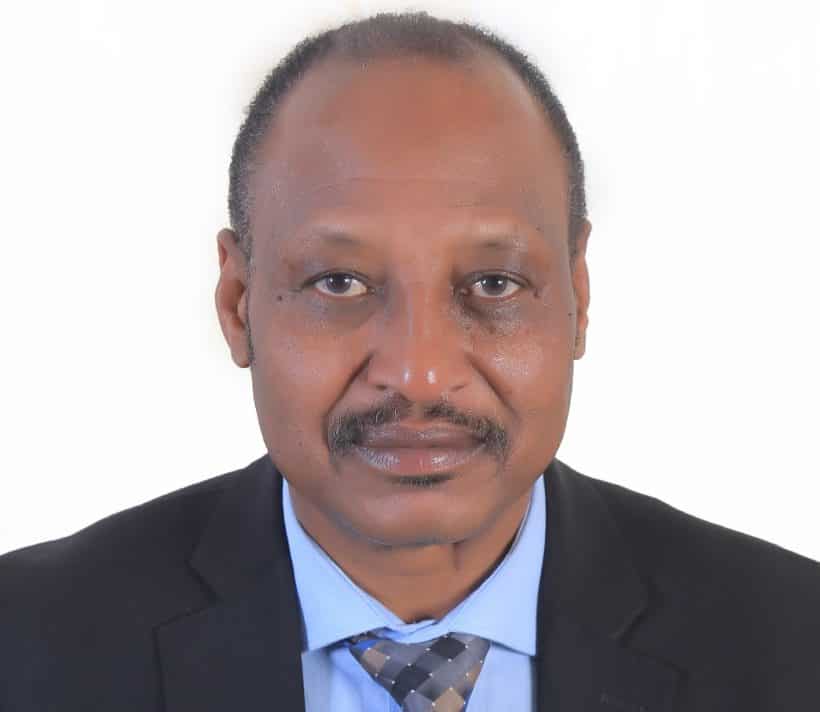
The Summit for a New Global Financial Pact in Paris on 22-23 June 2023 was billed as an opportunity to solve the debt crisis and unlock trillions in low-cost financing needed to respond to the debt and climate crisis in the global South. While Zambia saw a welcome breakthrough in its restructuring process, the summit failed to deliver any structural reforms for the other African countries facing debt distress or in need of enhanced access to concessional external finance.
The COVID-19 pandemic, the war in Ukraine and tightening global financial conditions are stifling growth and undoing decades of development gains in Africa. Of the nine countries that are currently in debt distress, eight are in Africa. Many more are resisting default by reducing funding for schools, clinics and critical infrastructure. In 2023, African countries will pay US$68.9 billion in debt service, more than the US$58.4 billion they will likely receive in aid.
Some relief has been offered. During the peak of the pandemic, the Debt Service Suspension Initiative offered 48 countries a suspension from their bilateral payments. However, this expired in 2021, and the G20’s Common Framework for Debt Treatments, designed to coordinate and cooperate on debt restructuring, has largely failed.
Countries that applied were downgraded by credit rating agencies and have had to wait months, if not years, for any progress. To date, Chad is the only country that has finalized a debt agreement through the Common Framework. Recent developments in Ghana and Zambia show progress, as creditors have assured that they will participate in restructurings in good faith, which has unlocked IMF support.
As the creditor landscape – which includes multilateral, bilateral and private creditors – is hindered by geopolitical tensions between the Paris Club and China – the largest bilateral creditor – a comprehensive solution is required. The Paris Summit offered none of this.
An announcement that the World Bank will suspend debt service payments for countries hit by future major environmental crises is welcome but offers nothing to the countries already facing debt distress.
As G20 Finance Ministers now look ahead to their meeting in July, they should take steps to ensure that all creditors are incentivised to come to the table.
The Common Framework should be opened to middle income countries.
The IMF should amend its lending into arrears policy which would allow governments space to negotiate a restructuring.
Countries should be offered an automatic suspension throughout the process giving them fiscal space to ensure essential expenditure is maintained.
The current piecemeal approach is not working.
A comprehensive solution could not only avoid a ‘lost decade’ in development but could unlock potential for African countries to invest in their futures, build resilience to climate change and harness the potential of their most precious resource: their people.
Adam Elhiraika is the Director of the Macroeconomic and Governance Division of the United Nations Economic Commission for Africa

